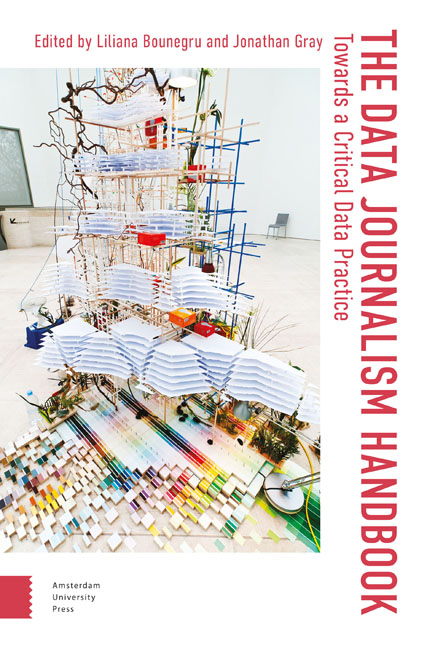25 - Sketching With Data
Summary
Abstract
An interview with celebrated data journalist Mona Chalabi exploring the development and reception of her practice of sketching as a way of making data relatable, including discussion of data as a means of providing context, visual practices of making things comparable, the role of humour and analogy in her work, data journalism as social commentary, and the importance of communicating the uncertainty of data and the provisionality of analysis.
Keywords: data sketching, data visualization, uncertainty, data publics, data journalism, visual practices
Jonathan Gray (JG): How did you start sketching with data?
Mona Chalabi (MC): When I was working at FiveThirtyEight I felt that they weren't catering to readers like me. They were catering to a slightly different kind of reader with their complex interactives. During this time I began sketching with data, which I could do while sitting at my desk. As I started to do them I had this realization that they could be quite an effective way to communicate the uncertainty of data projects. They could remind people that a human was responsible for making all of these design decisions. They could be quite democratizing, communicating with data in a way that anyone can do. I used to write this DIY column at The Guardian which took people through every single step of my process. It was fun that as a journalist you could talk people through not only where you found your data, exactly how you processed it and what you did to it, but you could also enable them to replicate it, breaking down the wall between them and you, and hopefully creating new kinds of accessibility, participation and relationships with readers.
JG: In the book we explore how data journalists do not just have to mirror and reinforce established forms of expertise (e.g., data science and advanced statistical methods), but how they can also promote other kinds of data practices and data cultures. Do you consider your work to be partly about finding other ways of working with and relating to data?
MC: I don't have really advanced statistical skills. The way that I often start analyzing data is through relatively simple calculations that other people can replicate.
- Type
- Chapter
- Information
- The Data Journalism HandbookTowards A Critical Data Practice, pp. 174 - 181Publisher: Amsterdam University PressPrint publication year: 2021



